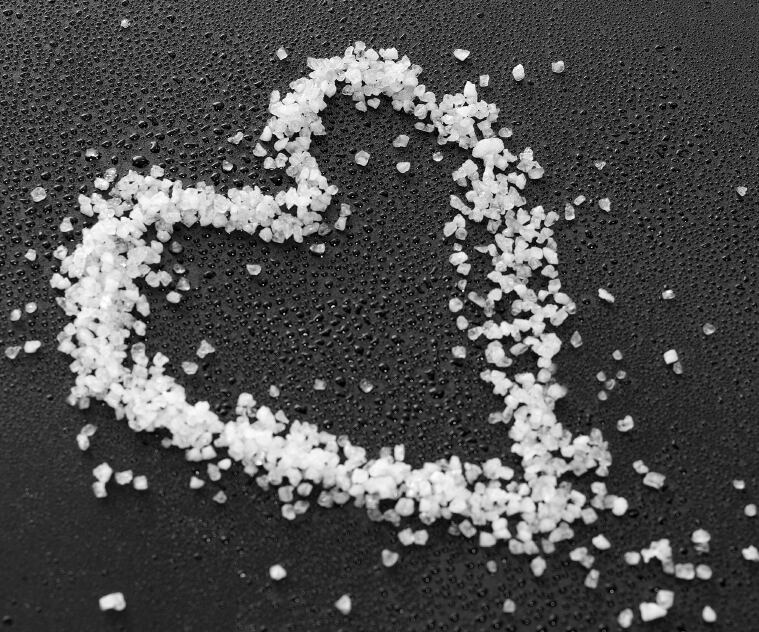Writing in the journal Appetite, scientists from Australia report that educating type-2 diabetics to read food labels and choose reduced sodium food products doesn’t affect sodium intakes.
The study’s findings were greeted with no surprise by Professor Marion Nestle from the Department of Nutrition, Food Studies, and Public Health at New York University.
Commenting independently on the study, Prof Nestle told FoodNavigator-USA: “Why anyone would think that nutrition education alone would change behavior is beyond me.
“By this time everyone should know that to change behavior requires not only education, but a food environment—social, political, economic—that supports and promotes the behavior change. Most dietary sodium comes from processed foods, restaurant foods, and other pre-prepared foods. All the label can do is say ‘don’t eat me’. It can’t help with what people can eat.
“The easiest and most effective way to help people reduce sodium intake is to require food producers and food preparers to use less of it. Good luck with that. I’m not optimistic, particularly given the conflicting and confusing science.”
The issue
Sodium is a vital nutrient and is necessary for the body to function. However, the Centers for Disease Control and Prevention (CDC) says that nine out of ten Americans consume too much sodium, and it estimates average intake at around 3,400 milligrams a day.
That’s quite a bit over the 2,300 mg of sodium per day recommended in the 2010 Dietary Guidelines for Americans. (Intakes are even stricter for those with hypertension, diabetes, chronic kidney disease, those 51 years of age and older; and African Americans – for them, the level is 1,500 mg).
IOM
A recent 200-page report from the Institute of Medicine (IOM) found that there is not sufficient evidence to determine that lowering intakes below 2,300 mg increases or decreases the risk of heart disease, stroke, or all-cause mortality.
“The evidence on both the benefit and harm is not strong enough to indicate that these subgroups should be treated differently from the general US population. Thus, the evidence on direct health outcomes does not support recommendations to lower sodium intake within these subgroups to or even below 1,500 mg daily,” said the report.
And with 80% of salt intake coming from processed foods, many countries have initiated salt reduction programs.

The Australia-based scientists examined if education can help people with type-2 diabetes to read food labels and choose low sodium products.
Results of their three-month randomized controlled trial, which included 78 people, found that all the participants were still excreting the same levels of sodium, showing that education was ineffective.
“It may be that reducing the sodium content of the food supply is the most effective strategy to reduce population sodium intake,” wrote the researchers.
“The sodium content of bread can be reduced by 52% without affecting bread consumption or choice of sandwich fillings. In the United Kingdom the sodium content of the food supply has been reduced by 20–30%, from an average salt intake of 9.5 g/day to 8.6 g/day, in 3 years.
“This suggests that reducing sodium in the food supply is feasible, and this public health measure could assist in a population wide reduction in sodium intake.”
Source: Appetite
Published online ahead of print, doi: 10.1016/j.appet.2013.04.028
“Food label education does not reduce sodium intake in people with type 2 diabetes mellitus. A randomised controlled trial”
Authors: K.S. Petersen, D.J. Torpy, I.M. Chapman, S. Guha, P.M. Clifton, K. Turner, J.B. Keogh
